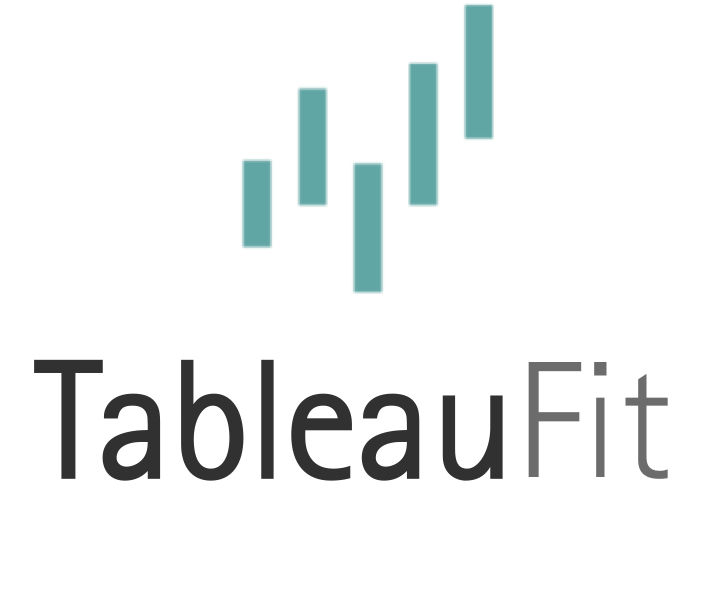Tableau + Schools = Opportunity
Hello Students. Welcome to data. It’s long in the database and wide in the world. It’s big and dense and messy. On the job site, students, you got about a hundred million rows. There’s only one rule I know of, students – dagnabbit, you got to explore!
(Kurt Vonnegut, if he did dashboards)
Education is a powerful force, no matter where you go. It lifts people out of poverty, affects everything from the birth rate to life span, and makes a tremendous difference in how we interact on a daily basis. Whether it’s high school, college, or a trade school, what you learn in classes is only a part of it. The larger part starts and ends with you.

If you explore the world – some colleges do this through study abroad programs – you become a student of the world. But, you don’t always have to leave the country, or even the house, to learn about the world. There’s the internet. There’s people from all over connecting digitally. And, of course, there’s data.
Many times in classes, you learn various facts. Or stories that relate to facts, such as history, mythology, and art. In really great classes, you get both and that’s the information that, when you’re long out of school, will stick with you. Before the days of writing, humans used poetry, verses, and songs to remember information. It’s why Miike Snow’s Ghengis Khan or Kirye Cherry Bon Bon gets stuck in your head for weeks, if not months. It why when you have to memorize dates for history, you forget them soon after. But, one screening of Glory or Roots lasts a lifetime.
At first glance, data seems to fall on the cold side of this, as isolated facts we sometimes keep in our pocket for an argument. But, data also tells powerful stories, highlighting these narratives that may go unnoticed, or points us to the places to find our own narrative.
It’s easy to take this for granted. For most students today, imagining a world without data easily accessible is almost impossible. Each day, we add more and more to this pile of data.
All of this information is only as good as the insights gleaned from it. Data at rest is dead data, sitting and taking up space, collecting dust in the proverbial data closet. It’s like those shoes you bought for that one wedding you ended up skipping anyway. You have them, they’re there, but there’s no practical use for it.

As a student, you’re in a different place than most. You’re learning, but you’re also deciding who you’ll be, what you like, and where you’ll go, both geographically and philosophically. You can listen to your teacher, your friends, or that really smart student who seems to have it all figured out. But, you can also dig deeper for yourself.
Tableau allows students – regardless of age – to get a free license. Even your school won’t cut you a deal this good with most of the software they require. This lets you use explore any data you can imagine, and save it to your machine. So, yes, you can download your bank data, mash that with planned future earnings in your profession, and figure out when you can safely buy a real car. You know, one with a stereo that works or that is newer than you.
Data visualization isn’t just for math majors or computer science students. Demographers, political science majors, interpreters, and musicians use Tableau. Anthropologists, historians, and librarians toss data relevant to their field onto Tableau’s canvas and add to their understanding of the world.

Millennials and Data is bringing data literacy to high schoolers, as well as Howard University. #DataKids can learn from their parents or school initiatives. So, be curious, get your license, and feel free to explore!
So, how can you use Tableau while in school?
- Support for papers. It can be as simple as a bar graph. Many students toss this in Excel or Google Sheets. You can start there, but bring your personality into the paper with Tableau. PS – don’t tell your teachers I told you this, but label it ‘Figure 1’ and that usually helps towards your page count.
- An alternative for assignments requiring analysis in Excel, Google Sheets, or other packages.
- A study guide creator. Tableau Public and Tableau Reader even lets you share this, if you like your friends.
- A resume creator. Want a stellar resume? Put it online and make it interactive.
- A means to find classes and plan your class load.
- A job offer evaluator.
- A homework planner for studying.
- A grade and GPA tracker
- A countdown tool for when you walk across the stage and take over the world.
- An edge in the job market.
Are you a student or teacher? I’d love for you to comment with examples.


